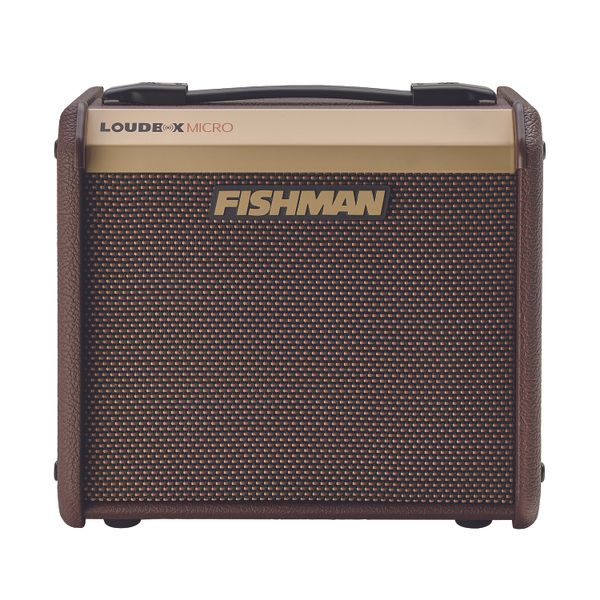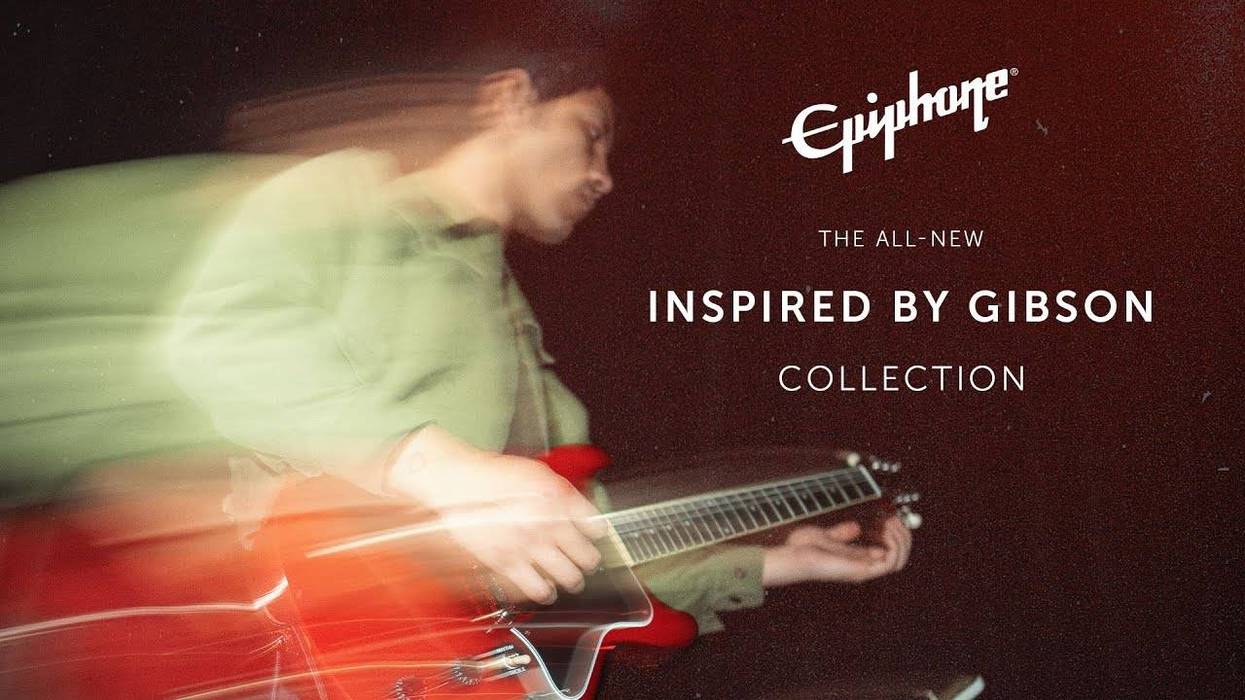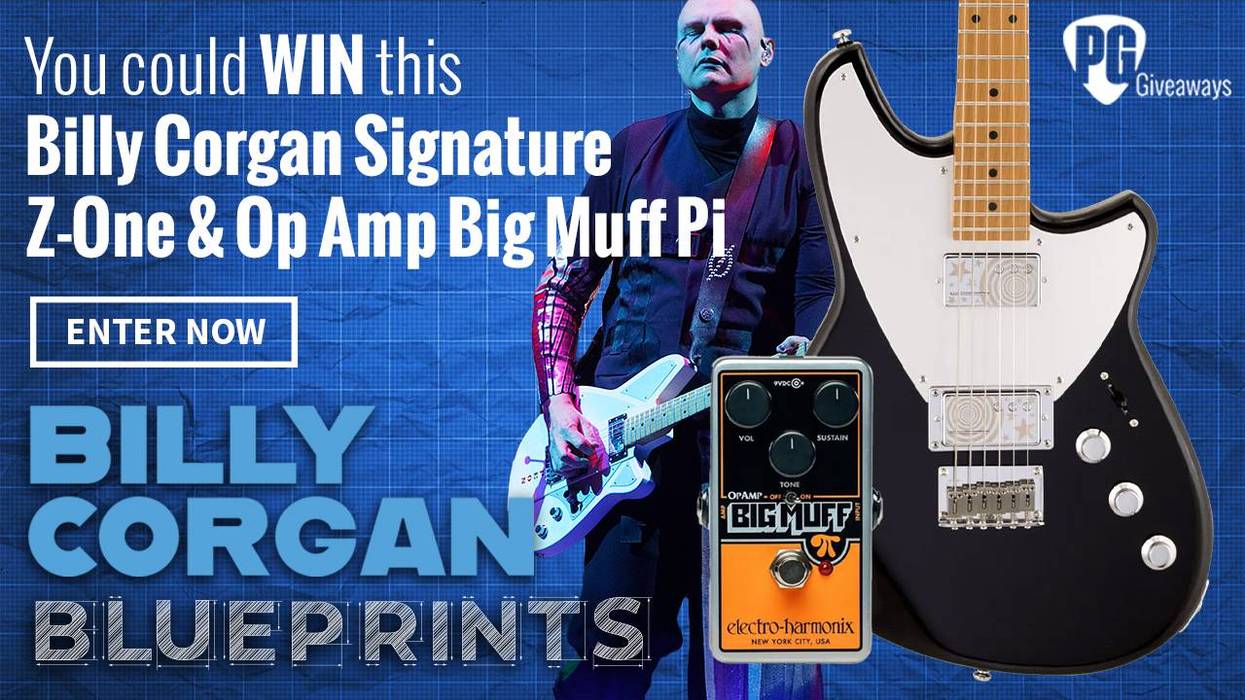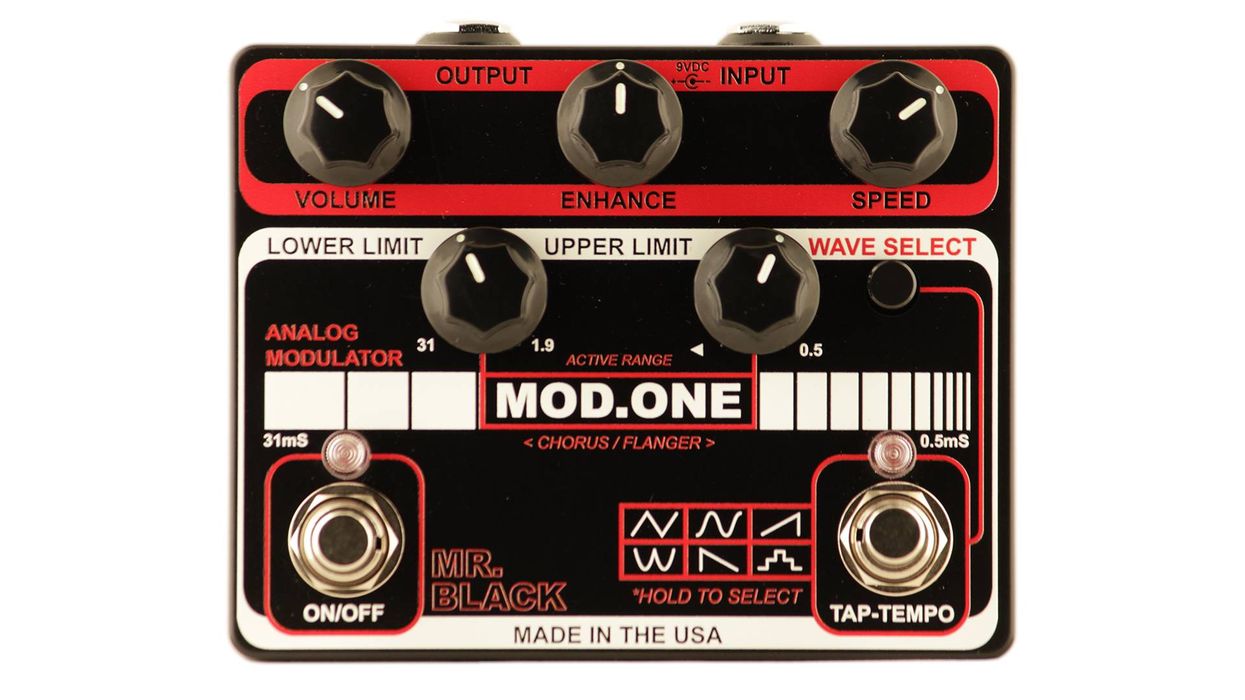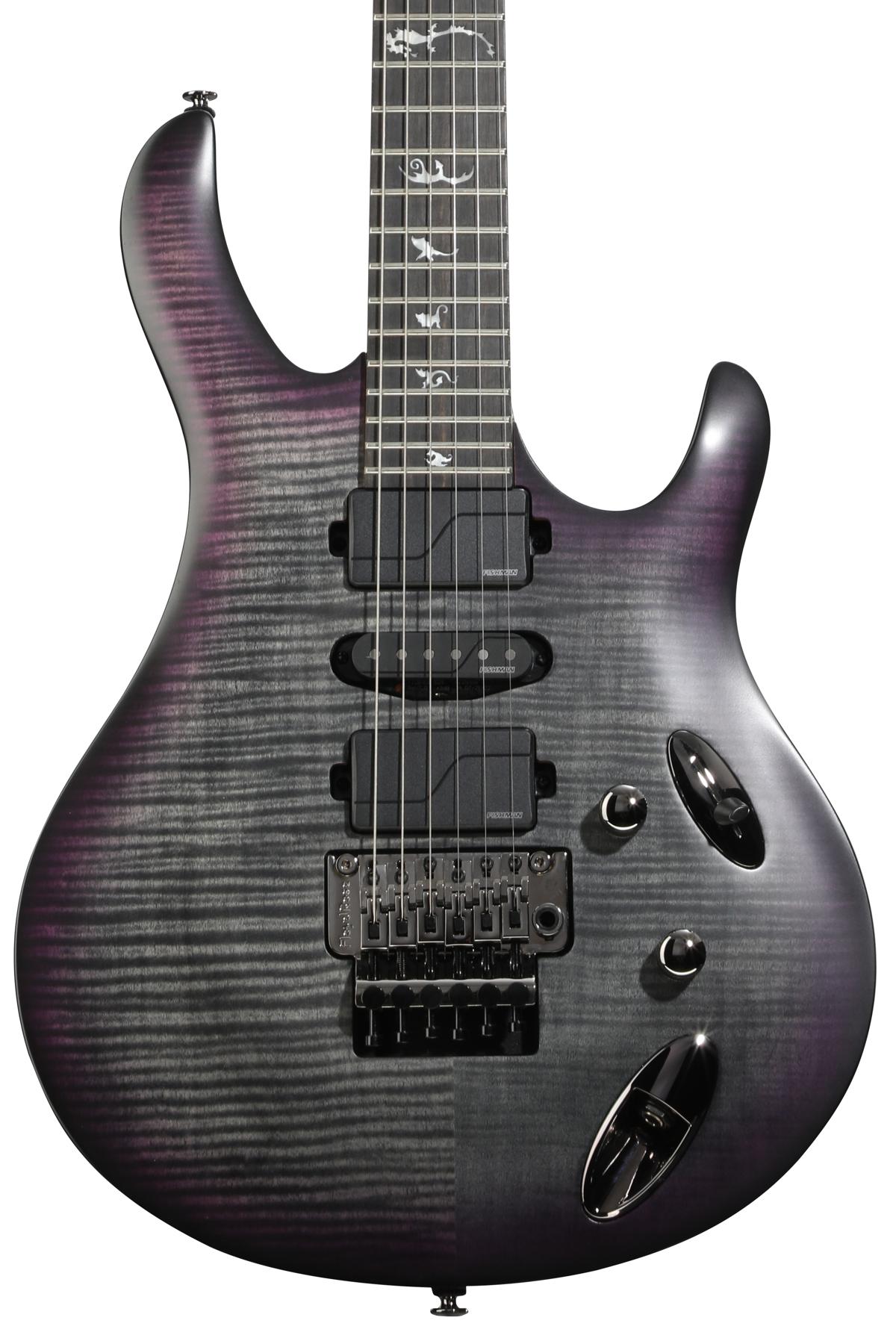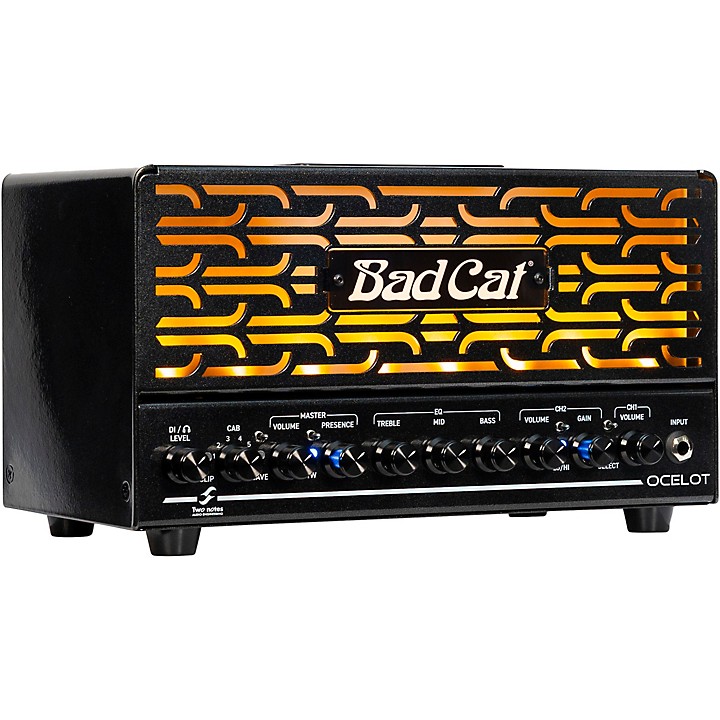Lyle Lovett once told me in an interview, “There’s nothing that sounds better to me than an acoustic guitar played into a microphone or into the air in a room.” That’s an understandable sentiment, and since Lovett and other acoustic guitarists rely primarily on natural sustain, many wrestle with adding electronics to the sonic recipe. Undersaddle pickups, DI boxes, and then, at the end of the signal chain, amplifiers, all pose threats to acoustic fidelity, which purists don’t take lightly. Measuring at 8.1" x 10.4" x 9.5" and weighing in at 9.1 pounds, the bantamweight Fishman Loudbox Micro ($299 street), however, is an affordable and compact option that may put their ears and nerves at ease.
Simple, Set, Go!
The Loudbox Micro is very straightforward. It has instrument and mic channels distinguished by 1/4"and XLR inputs respectively. The instrument channel’s controls include gain, low, mid, high, reverb and chorus intensity, and a phase switch. (The chorus also has two preset voices—one softer and subtler, the other pleasant but intense—that are adjusted from either side of noon on the chorus intensity knob.
I’ve been an almost strictly acoustic player for the past 16 years, until recently, when a switch inexplicably flipped and I shifted my gaze to electric. When I plugged my Washburn Bella Tono Elegante (with an L.R. Baggs Anthem SL undersaddle pickup and preamp) into the 40-watt Loudbox Micro, it had been three and a half months since I’d heard it at all (I almost shed a tear). Amplified, my guitar tends to sound pretty clean and uncompromised, and these characteristics were plainly audible through the Loudbox Micro.
The desired effect of an acoustic amp is to plug in, start playing, and say, “Is it on?” With the master volume at noon, gain at 8 o’clock, and the 3-band EQ controls all at noon, the Loudbox Micro pretty much pulled that off, save for the tiniest bit of speaker hiss. The Washburn is a warm guitar with pretty high end presence. Both attributes can be heard clearly through the 5.25" poly cone woofer and the .8" soft dome tweeter. The Fishman preserves that critical brightness in fingerpicking tunes, and keeps string separation intact when strummed. If anything, the tone from the Fishman was a little bit rounder than when unplugged, but only slightly and certainly not so much so that it weighed down the clean tone.
At lower master volume and higher gain levels (in this case at 8 o’clock and 3 o’clock, respectively) I found that the tone got a little too round and some fidelity was lost. With the higher master volume settings, I was able to turn the gain up to 10 o’clock before I heard feedback. At the lower master volume, I could turn the gain to near-maximum levels. If your ears fail you for some reason, you can also consult the clipping light on the console that indicates when the gain is too high.
I enjoyed hearing the reverb convert my decently sized living room into something like a concert hall. The reverb has relatively low diffusion, and I heard it as subtle and distinctive, with enough decay to achieve a large hall effect. With my recent dive into electric guitar, I’ve become a bigger fan of chorus, so I was a little disappointed to discover that I could only really hear much of it in the mix when turned halfway up on the second, more intense preset. That’s a minor drawback. Heavy chorus is not the most commonly sought-out acoustic color. Still, it’s nice to have a strong voice to experiment with.
The Verdict
The Loudbox Micro is a reliable amp that, with the right settings, will keep your acoustic tones authentic and true. Its diminutive size and 40-watt power make it an ideal companion for gigs in small to medium rooms, and its onboard reverb and chorus are a plus. At $299, it might even keep Lyle Lovett happy.

